1.1 ml Lip Filler Before and After: What Results To Observe
Lip fillers have become one of the most sought-after non-surgical cosmetic enhancements due to their efficiency, customisability, and minimal downtime....
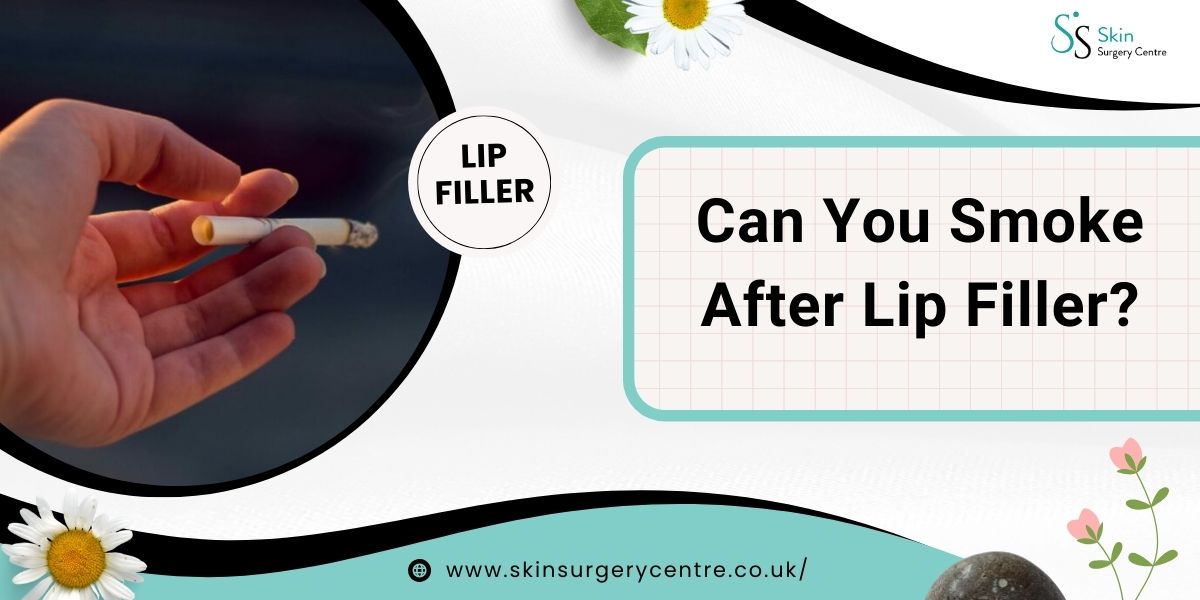
Lip filler treatments are one of the most popular cosmetic enhancements in the UK, giving patients fuller, natural-looking lips without surgery. But one of the most common aftercare questions we hear is: Can you smoke after lip fillers?
So, can I smoke?
The answer is no. Lip fillers should not be used alongside smoking—and for good reason. It’s not just a simple recommendation. Smoking can significantly disrupt your healing process and even compromise the results of your treatment. Below we will go over why smoking is particularly harmful after lip fillers, and tips that will help ensure you get the results you want.
Nicotine, the main component of cigarettes, causes blood vessels to narrow, which affects blood circulation. After lip fillers are done, your lips need sufficient blood circulation to heal the filler material and the filler’s injection sites effectively. Smoking can lead to lower blood circulation which can create complications like prolonged bruising, swelling, and uneven filler settling. The healing process can be greatly impacted without the abundant nutrients that a healthy blood flow provides.
Any type of smoking and the bacteria around the lips greatly increases the risk for infection post treatment which is not good. During a lip filler procedure, the injection sites are at risk. The heat within the smoke from a cigarette can worsen the inflammation producing the best condition for bacteria to multiply. This could lead to severe infections like abscesses at the treatment area, possibly requiring a lot of further interventions to get them solved.
Smoking damages the body, but not only because of what is in the cigarette, but the movements done while smoking too.
The curling or pursing of your lips while smoking can put pressure on the lips and push the filler outwards. This may cause the lips to look asymmetric, which is contrary to the desired effect of lip augmentation. Smoking can compromise the artistry behind your treatment, resulting in suboptimal outcomes that may need corrective work.
With cigarette smoking, the most extravagant risk is tissue necrosis – death of soft tissue. With heavy nicotine usage, the blood flow will get heavily limited, which in turn, will limit the oxygen the tissue needs to remain healthy. The tissues may die, leading to scarring, permanent damage, deformities in severe cases. This is extreme, but avoidable with proper care.
After getting lip fillers, some swelling and bruising is normal, but if you smoke, these symptoms can be vastly multiplied. Cigarette smoke contains free radicals that are damaging to the body. These increase inflammation, which in turn slows your healing process, making bruising more prominent and swelling more profound.
Smoking not only causes slow healing but damages the longevity of the fillers over time.
Cigarette smoke contains free radicals that break down the hyaluronic acid in dermal fillers. The breakdown means faster fading of the results, leading to the need for expensive top-ups.
Experts recommend abstaining from smoking 1-2 weeks prior and 1-2 weeks post treatment, however, a minimum of 48 hours post treatment is ideal to get the lips to heal.
These times ensure healing is maximised and there is no interference of nicotine or other toxins in cigarette smoke. Remember to share your smoking habits with your cosmetic practitioner prior to the appointment so that they can assist you with the treatment.
For the smokers that are most concerned about being able to refrain from smoking after lip fillers, here’s some steps to assist with recovery:
Using nicotine gums, lozenges, or patches replaces cravings while ensuring your lips are safe from smoke and bacteria.
Make sure the treated area is clean to avoid infection.
Do not press or touch your lips more than necessary.
Make sure you drink enough water since this can aid the healing process and make the filler look fresh for longer.
Foods that have a high content of vitamins and antioxidants can help with bruises and inflammation naturally. Consider leafy greens, berries, and fish rich in omega-3.
On a greater level, treating your procedure as a means of quitting smoking will not only enhance filler results but also improve general well-being. Smokers are encouraged to quit and/or drastically cut down on smoking to aid recovery time.
While it may sound annoying to put your routine smoking on hold for some time, try to think of the consequences that come with it. Not adhering to instructions regarding smoking after fillers are placed might have dire consequences, some of which are:
Having an undesirable look, which is not what most patients want when getting the procedure done; the most frustrating result is wasting your money and getting results you don’t love.
Increased time to recovery, which makes the process longer, painful, and uncomfortable.
Higher expenses that will come from needing more touch-ups, medical attention, or worse, corrective surgeries.
In short, time spent trying to dilute the filler helps heal the lips and reduces stress overall. Better results are obtained faster.
Cosmetic lip filler treatments do require some level of attention, care, and maintenance to boost effectiveness, reduce healing time, and help the patient recover from any potential stress.
It may appear that smoking after lip fillers is harmless, but as previously mentioned, the dangers are very real. The negative effects of smoking include excessive swelling, and other complications such as severe infections and tissue death.
In order to produce the best results that lip fillers offer, patients are advised to comply with the aftercare instructions of the practitioner, and as such, smoking should not happen during the recovery period. Considering lip fillers in London, Manchester, or Birmingham?
Book a consultation with our GMC-registered specialists — trusted as one of the best UK clinics for lip filler aftercare. Get natural results, safe recovery, and tailored guidance for long-lasting beauty.
You will be able to enjoy beautiful lips free from preventable issues for many months if you exercise a little restraint now.
It’s recommended to avoid smoking for at least 48 hours after lip fillers. However, many practitioners advise waiting 1–2 weeks for best healing and results. This allows swelling and bruising to subside while minimising the risks of infection, uneven filler movement, or delayed healing.
Yes. While vaping may not involve smoke in the traditional sense, it still delivers nicotine, which restricts blood flow and slows healing—just like cigarettes. The repetitive suction motion when inhaling from a vape device can also put pressure on your lips, risking uneven filler placement. For a smoother recovery, it’s best to avoid vaping for at least the first 48 hours.
Yes, smoking can shorten the lifespan of your fillers. Cigarette smoke contains free radicals that accelerate the breakdown of hyaluronic acid—the main component of most dermal fillers. This means your filler results may fade sooner, requiring more frequent top-ups. Staying smoke-free helps your results last longer.
You can eat after lip fillers, but timing and food choices matter. It’s best to wait until numbing agents have fully worn off to avoid biting your lips accidentally. For the first 24 hours, stick to soft, non-irritating foods and avoid anything too hot, spicy, or salty. This helps reduce swelling and discomfort.
Also Read:
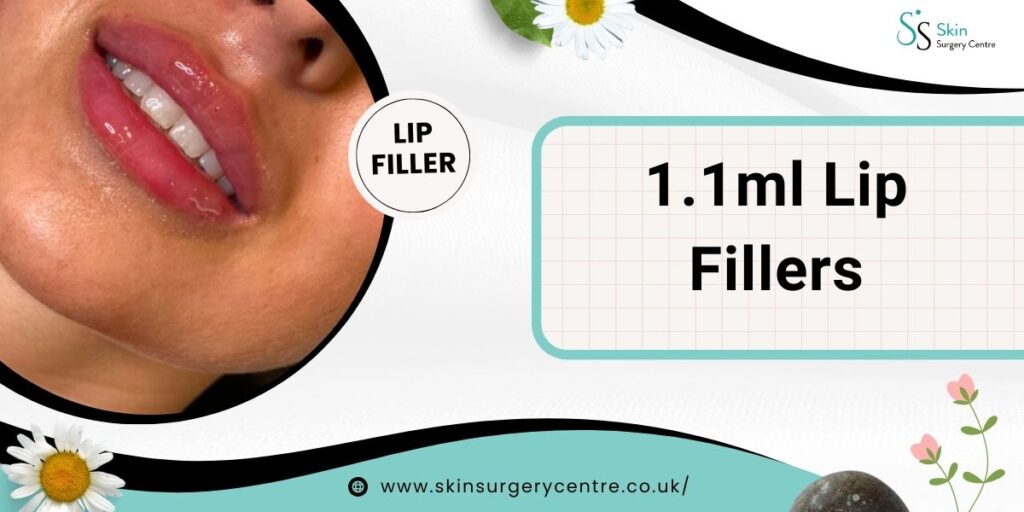
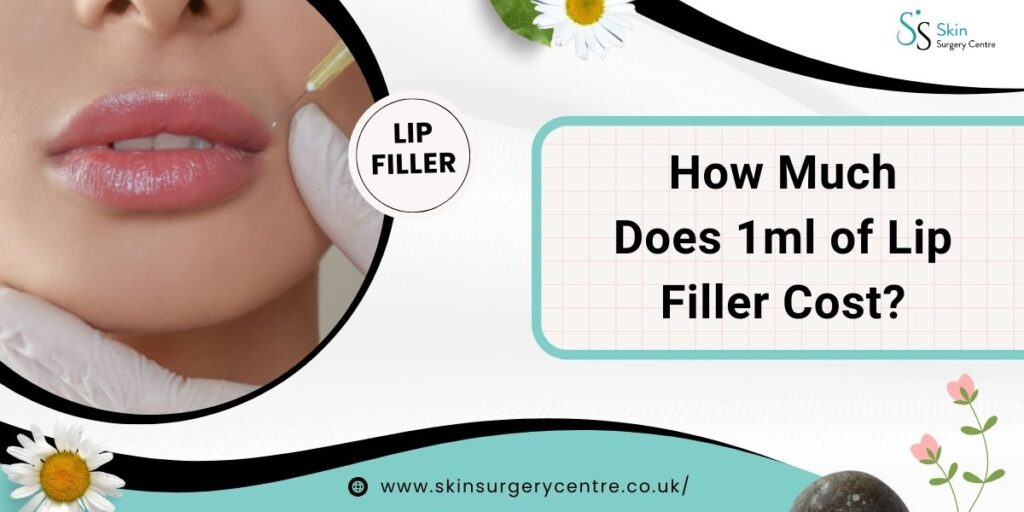
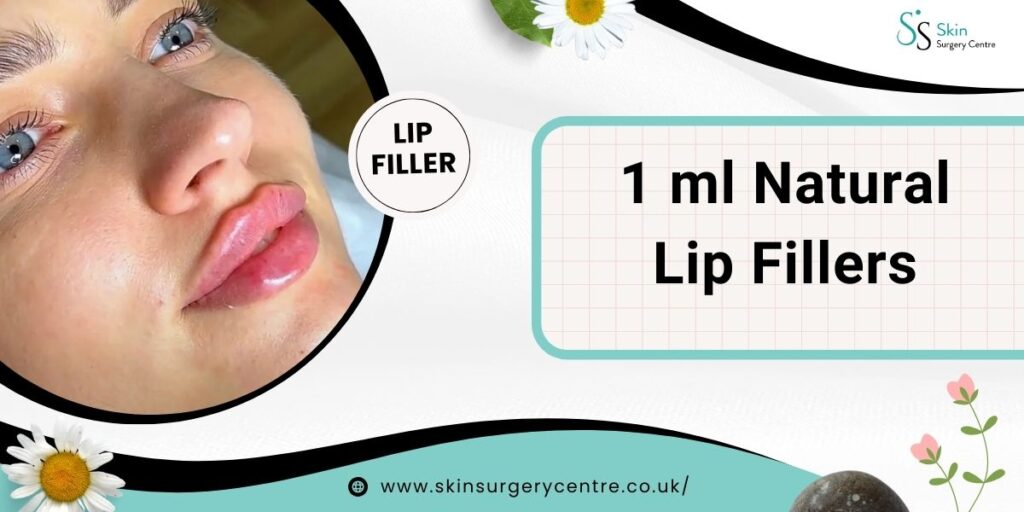
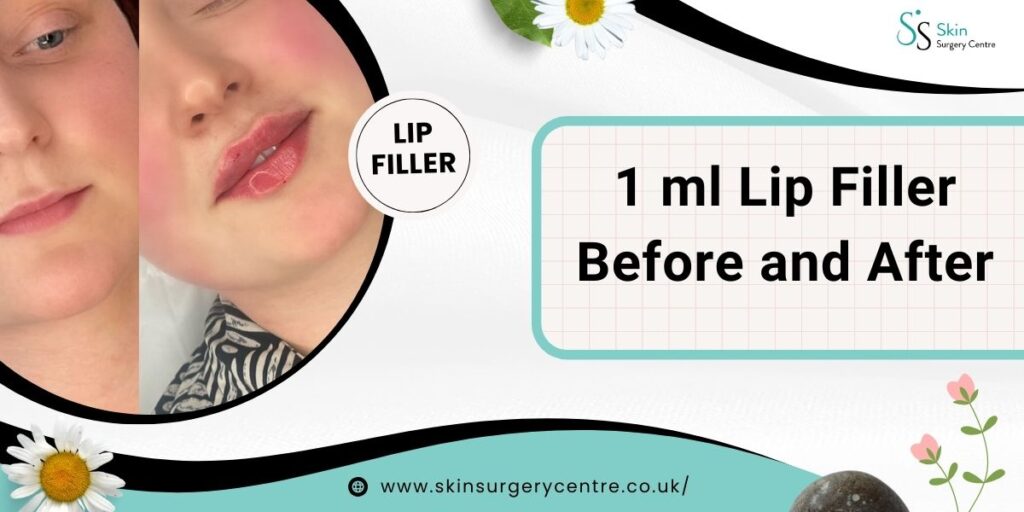
Lip fillers have become one of the most sought-after non-surgical cosmetic enhancements due to their efficiency, customisability, and minimal downtime....
Are you considering ways to achieve fuller, well-defined, and more symmetrical lips with 1.1ml lip filler? Whether this is your...
For people who are thinking about having their lips done, one of the most common questions is, “How much does...
The aesthetic procedure 1ml natural lip fillers is gaining more popularity in this day and age. This particular measurement is...
According to Beauty Tech industry trends, lip augmentation continues to grow in popularity, and for good reason. If you are...